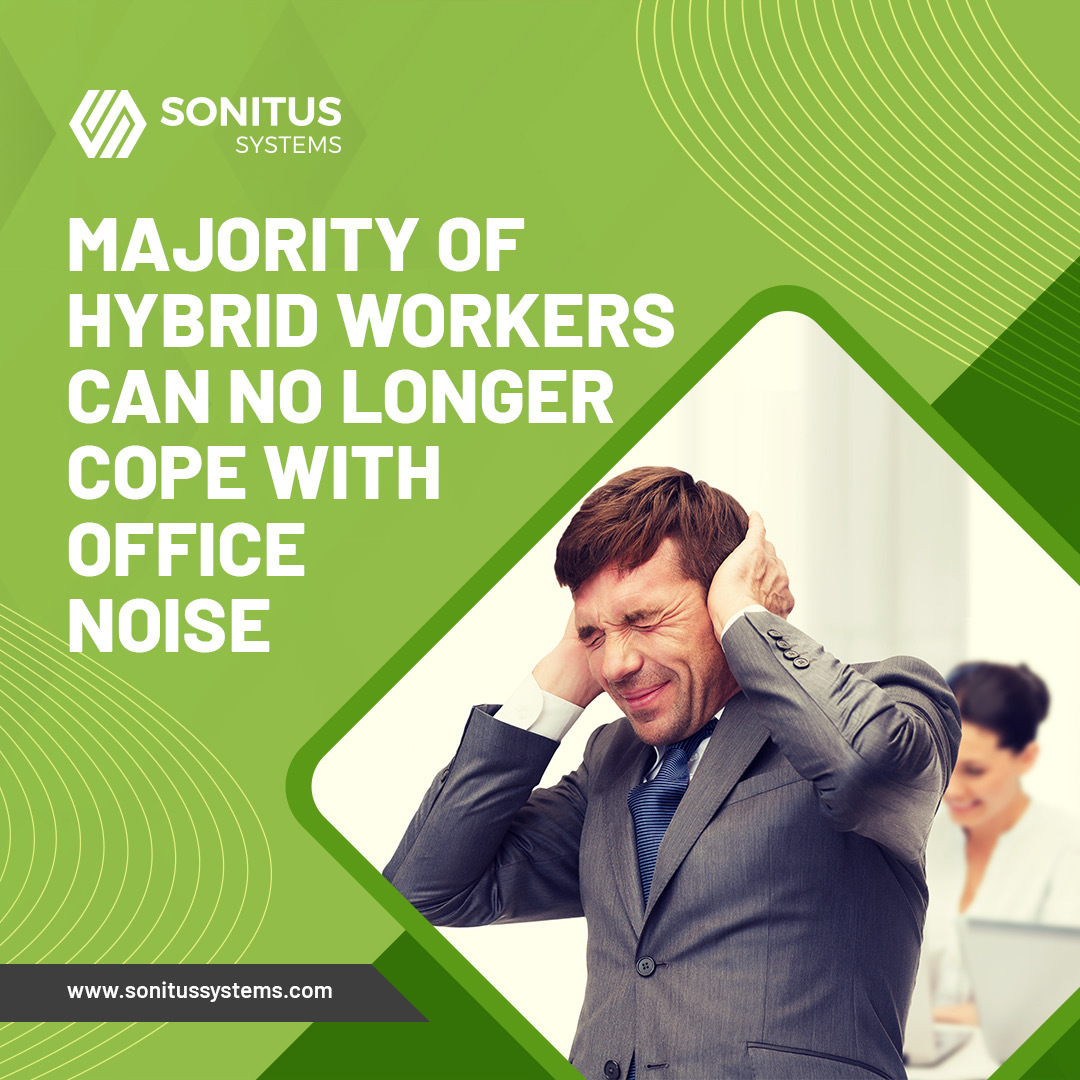With so much comment and speculation around the post-pandemic return to the workplace – and to offices in particular – it was interesting to read that noise-cancelling windows are now on office tenants’ wishlists.
In a recent article for Propmodo, Emily Gallagher·referenced the “office arms race” as building owners continue to invest in a whole suite of productivity and environmental tools and amenity upgrades in order to attract occupiers and their teams back into the office.
The above article is based on a recently published Poly report, completed in partnership with Worktech Academy, titled ‘The Journey to Hybrid Working’, which is an extension of its report on ‘The Evolution of the Workplace’, published last year. It also references a study by the HR advisory firm, Future Workplace.
While facilitating collaboration appears to be the main function of the office in this post-pandemic, hybrid-working era, “one consistent amenity that’s being requested across the board is windows, not just to light the space but to hush surrounding sounds”, according to the report.
Over the past decade, natural light has emerged as a factor that improves the health and wellness of office employees, whilst also driving productivity. However, traditional windows are poor noise buffers. In fact, studies quoted in the above report identified windows as being responsible for up to 90 percent of outside noise penetration in indoor spaces, as, unlike well-insulated walls, glass is not a soundproof material. There have been many innovations in the area of soundproofing windows and these innovative soundproof or ‘smart’ windows are increasingly appearing on tenants’ wishlists and even checklists when sourcing new offices.
While the solutions may be new, the problem is old; probably as old as offices. People have long been frustrated with noisy offices and this problem has been compounded by recent trends towards open and co-working spaces. The noteworthy change is in the attitude of workers. The Poly survey of 7000 European hybrid workers (2000 of those in the UK) revealed that 60 percent “can no longer cope with office noise” and felt that noise from colleagues would break their concentration.
The Poly report introduces the concept of ‘noise rage’ in the workplace and this is something new. It appears that the same levels of noise that were acceptable prior to the pandemic, for example, phone calls, are no longer acceptable. Survey respondents reported not being able to concentrate while colleagues were chatting or on the phone in the background. This is certainly new. Might the days of the office ‘bullpen’ be numbered?
According to our acoustic expert within Sonitus Systems, Paul McDonald:
“This is a really interesting area. Through our monitoring solution, we can capture the sound data within workplaces, but the really interesting part is in the area of psychoacoustics and how those sounds affect the people in the space. We have instrumented a number of high end office spaces and hospitals with sensors to capture sound levels (no audio) and the analytics are showing really interesting patterns about what is driving behaviour and use of space… quite often it’s not what the designers intended. It’s not just about noise level, it’s also about context and expectation of the space…”
About Sonitus Systems: Founded in 2007 to help engineering teams automate environmental monitoring tasks, Sonitus Systems offers both the hardware and software for a range of environmental parameters. The company has since grown to be one of the leading global suppliers of construction and industrial monitoring instrumentation in the market. Through an expanding network of global distributors, Sonitus Systems’ innovative products are currently in use on over 4,000 construction, heavy industry and smart cities projects across the world, providing real-time information through the Sonitus Cloud dashboard. Please contact the team at Sonitus Systems.
